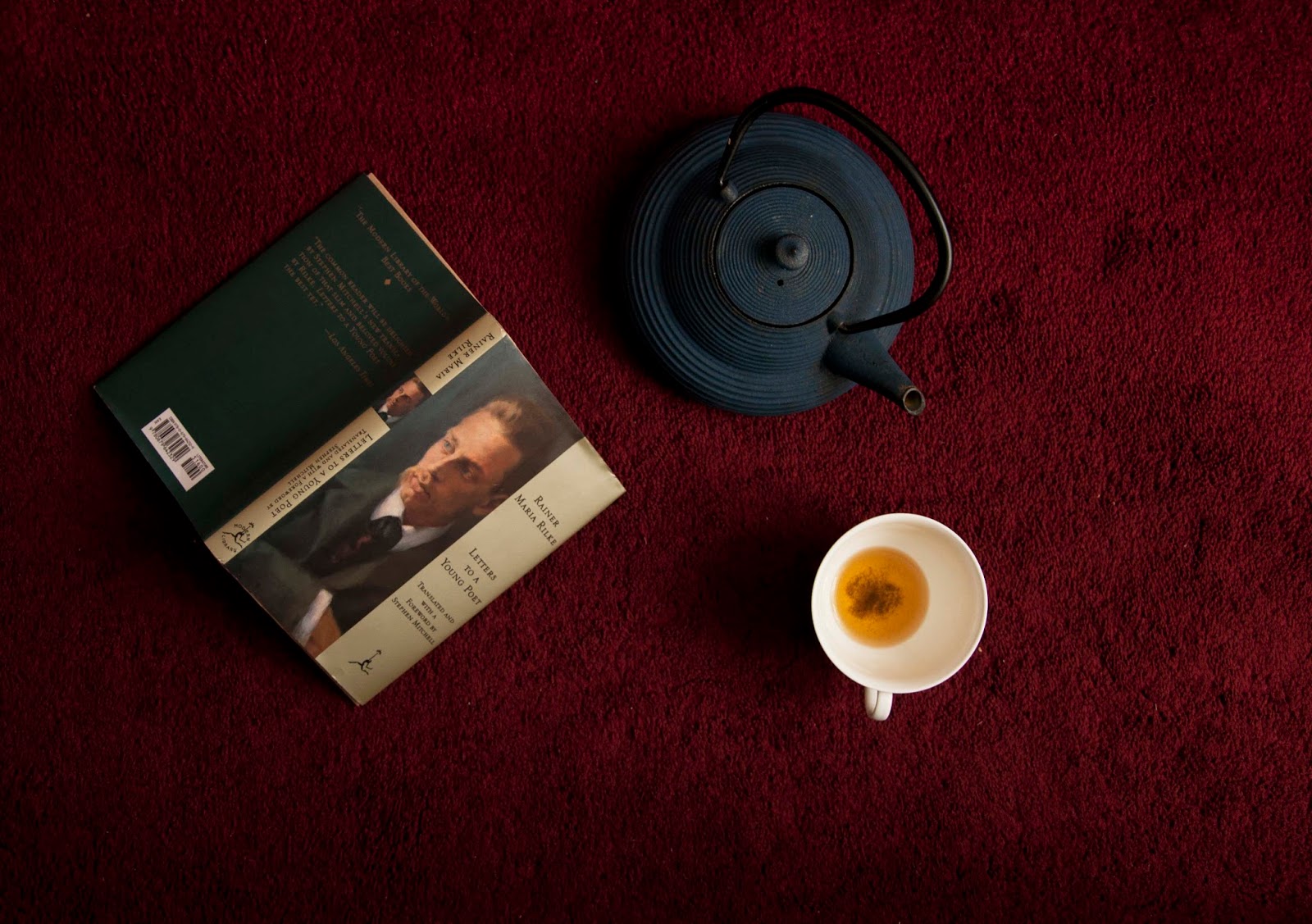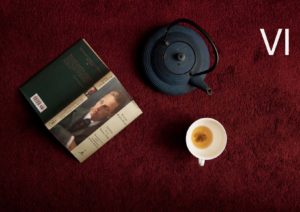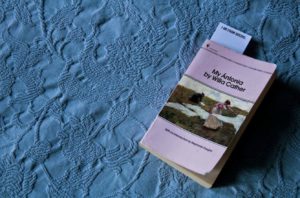And if what is near you is far away, then your vastness is already among the stars and is very great; be happy about your growth, in which of course you can’t take anyone with you, and be gentle with those who stay behind; be confident and calm in front of them and don’t torment them with your doubts and don’t frighten them with your faith or joy, which they wouldn’t be able to comprehend. Seek out some simple and true feeling of what you have in common with them, which doesn’t necessarily have to alter when you yourself change again and again; when you see them, love life in a form that is not your own and be indulgent toward those who are growing old, who are afraid of the aloneness that you trust.(Rainer Maria Rilke. Letters to a Young Poet. Trans. Stephen Mitchell. NY: Modern Library, 2001, p. 42-43)
There are several beautiful passages in the fourth chapter of Rilke’s Letters to a Young Poet. Owing to recent experiences, I choose the above quote because it resonates well.
Perhaps one day it dawned upon you that your language is different from that of those around you. But what is most strange is that you are often able to understand, very well, the languages of these others who seem to lack the ability to comprehend yours. For this reason others can talk to you, but you only seem to have yourself to talk to. You can be there for others, but you will have only yourself to turn to when you need a friend. The relationship you have with others is often with their potentiality rather than their actuality. For this reason they are unable to grasp what you see in them, and cannot believe you when you try to show them how you see them. They feel undeserving of your affections and respond badly to you because your thoughtfulness makes them feel unworthy. It is a most strange phenomenon. And it brings to mind that fantastic poem, “Alone,” by Edgar Allen Poe. Here are a few lines:
From childhood’s hour I have not been
As others were—I have not seen
As others saw—I could not bring
My passions from a common spring—
From the same source I have not taken
My sorrow—I could not awaken
My heart to joy at the same tone—
And all I lov’d—I lov’d alone—
There is a silent strength in Poe’s poem that only experience can teach one. It is about accepting a state seemingly of frightful despair only to find within it the source of everything terrific. At first it seems daunting to have no one to confide in but yourself, then you realize that it is not only freeing, but means also that you are never without a confidant, i.e., wherever you go, all you need do is to reach into yourself if you should need a friend. Thus all that is other but seemingly “near you is far away.” And any attempt to draw nearer to that which is away faints in futility and heaps misery upon you. For “your growth” is a path you travel alone. Through misunderstandings, however, one often feels frustrated in one’s aloneness, and thus misinterprets it, as the speaker in Marianne Moore’s poem, “Feed Me, Also, River God,” does. But it seems to me that it is more like Rilke says: “And if what is near you is far away, then your vastness is already among the stars and is very great.” I believe this is because the most vast thing there is, is the most alone thing there is and this is Love. Even though She breathes through us, She speaks a language that many of us do not comprehend. And yet it is only Love that understands us fully and embraces us wholly. For Love is that which tolerates and makes space for all; Love is that which sees beauty in everything, and She is all that is truly beautiful. In my most loneliest moments, I have come to see that it is not aloneness which embraces me but Love in every wonderful way. Yet I have not always been conscious of this nor had I known to expect it. But when I started seeking Love, I begun to sense Her. I had embarked on a journey to learn more about Love and at its onset I decided that one only loved oneself through others, i.e. one loved others as much as they reflected one. I know now, and I have learned it through such agony, that to love truly is to love others for themselves. I also begin to see that what lies in one’s aloneness is the opportunity to start seeing oneself as one truly is and to begin to yearn nothing less than this self.
When one learns that others do not see as one sees (by the way Christina Rossetti poem, “The World,” has been heavy on my mind because I wrote of it as if I did not understand the speaker when I quite well do. I wish now that I had treated those words sincerely rather than wittily) but can see as others see, it makes sense to “Seek out some simple and true feeling of what you have in common with them, which doesn’t necessarily have to alter when you yourself change again and again.” And yet one finds that the happier one is in one’s own company the less happier in the company of others. Then it appears often that what one finds to have in common with others is something akin to a bad poem: It has no life and all it wants is to suck yours, but no matter how much energy you pour into it, it remains empty. Thus the challenge then becomes how to live with others in a way that you can “be confident and calm in front of them and [not] torment them with your doubts and […] frighten them with your faith or joy, which they wouldn’t be able to comprehend.” Surely this is good news for the creative. When others cannot understand your language, you stop trying to tell them how you feel and think, and start creating to show how you feel and think. This way of communicating does not suck life out of one, but lightens one in ways that helps one float.
Perhaps what Rilke means when he says “love life in a form that is not your own” is to learn to accept beauty as others see it without trying to convert them to your perception of beauty. The other half of that sentence is perhaps even more easier to interpret, “and be indulgent toward those who are growing old, who are afraid of the aloneness that you trust.” For though they cannot see as you do, you can understand how they see.
—
Jane A. Odartey



